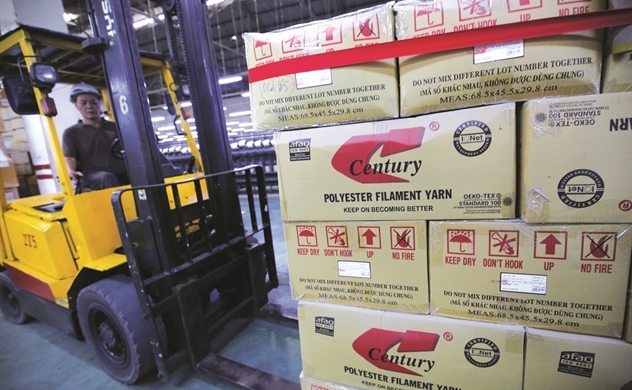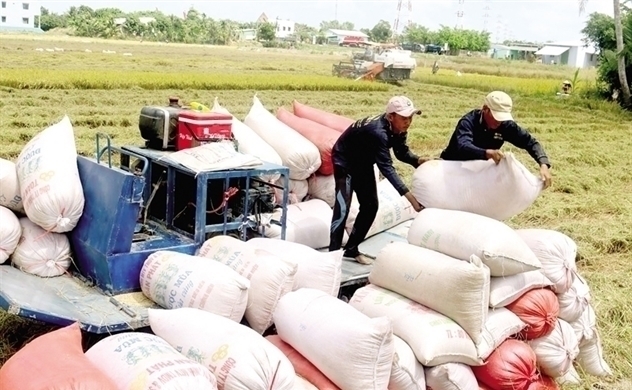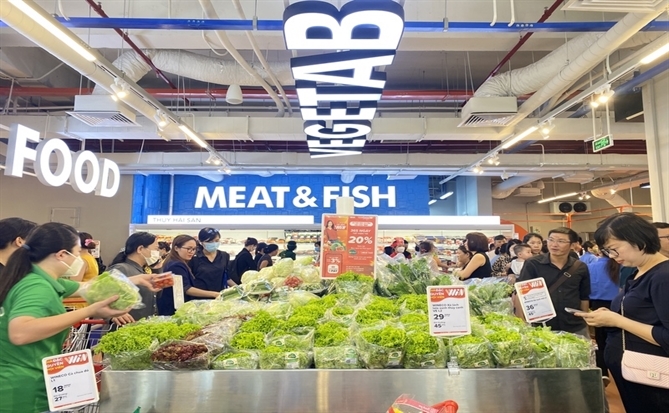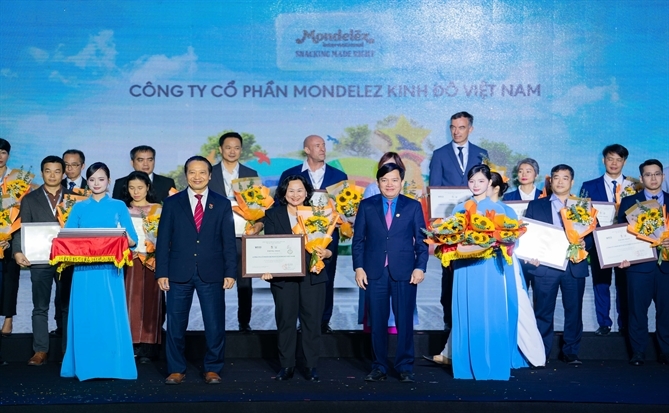Recycled fiber is future of textile industry

Photo: QH
Three years later, this environmentally friendly fiber became the savior of the company. This type of fiber production grew 118% annually while the traditional fiber did not grow well under the negative impact of the US – China trade war.
“In China, primary fiber faced oversupply situation," said Chu Duc Toan, an analyst of textile and garment industry of VNDirect.
“Century Synthetic Fiber Corp. uses technology that can switch between producing various types of fibers, so they can completely switch to producing recycled fibers if the number of orders increases,” Toan said.
CPTPP, EVFTA and other free trade agreements’ origin certification are expected to motivate textile and apparel manufacturing enterprises to look for domestic raw materials for preferential tariffs. The regulation helps expanding the market for Century Synthetic Fiber Corp. In the domestic market, Century Synthetic Fiber Corp. is among the two enterprises producing recycled fibers. The other is Formosa, a foreign-invested company.
For years, the fashion industry has begun using recycled materials. Raw materials are cotton, fleece, synthetic polyester fibers made from kerosene. These materials are manufactured from a various sources, from used clothing to used plastic bottles. Polyester fibers are recycled mainly from used water bottles.
Nowadays, polyester makes up to 55% of the total fibers used in the fashion industry. It is the reason why the demands for recycled fibers made from plastic resins is huge, especially when every activity in this world gives priority for carbon emission cut and resource re-use.
The development of the petrochemical refining industry has created several types of polymers which can be used for various purposes in the daily life. Polyester is an example. It could replace the dominant position of cotton fibers in the late 20th century.
In 1990, cotton fibers accounted for more than 60% of global textile production, while polyester accounted for only about 15%. Nearly 17 years later, things completely reversed when polyester fibers accounted for a largest proportion with more than 50% of the total production.
Textile Exchange said that in 2017, recycled polyester fibers accounted for about 14% of global polyester fiber consumption. However, the actual number could be lower, showing the potential for this product.
Following green consumption trend, major fashion brands are increasing the proportion of recycled materials in their products. Decathlon and Adidas expect to increase the proportion of recycled fibers to 100% in the next two to five years in some markets. Puma and Nike are also increasing the proportion of sustainable materials in their products.
“Producing recycled fibers is similar to that of traditional ones. However, due to the use of recycled materials, the production is more difficult,” said Nguyen Phuong Chi, Director of Strategic Development Division of Century Synthetic Fiber Corporation.
Initially, the company had 8 clients. Now the number of customers has increased by 10 times after three years and the revenue from recycled fibers has increased to 32% from 6%. "We expect this percentage to increase faster in the coming years as major brands are increasing the ratio of recycled fibers in their products," Chi said.
"The fashion and textile industry plays a significant role for a healthy and prosperous planet," stated European Clothing Action Plan, which employs 60-75 million people around the globe.
It is time for Vietnamese manufacturers to follow Century Fibers taking part in creating this circulating production chain.
Same category news
-
Huyen Hoang

 TIẾNG VIỆT
TIẾNG VIỆT 









_131447820.png)







